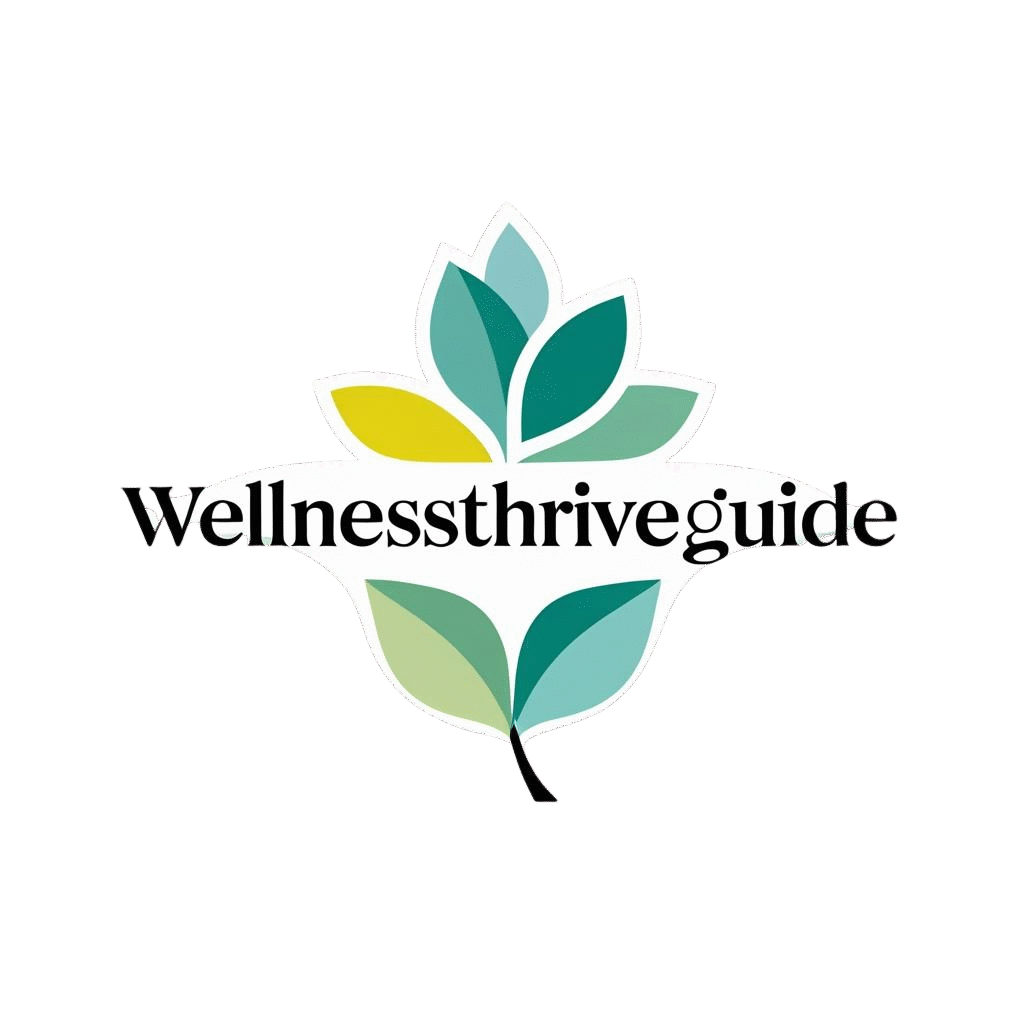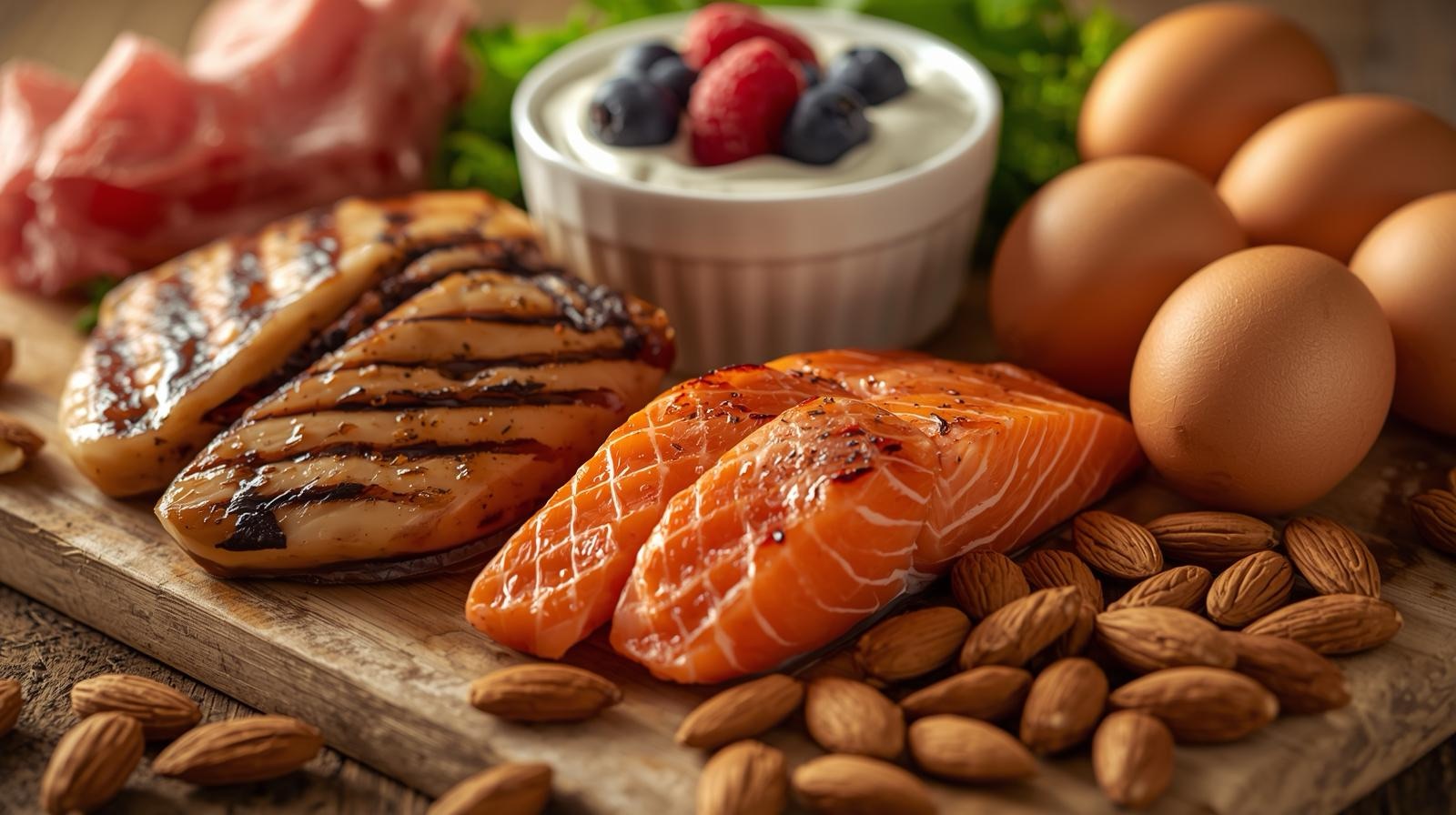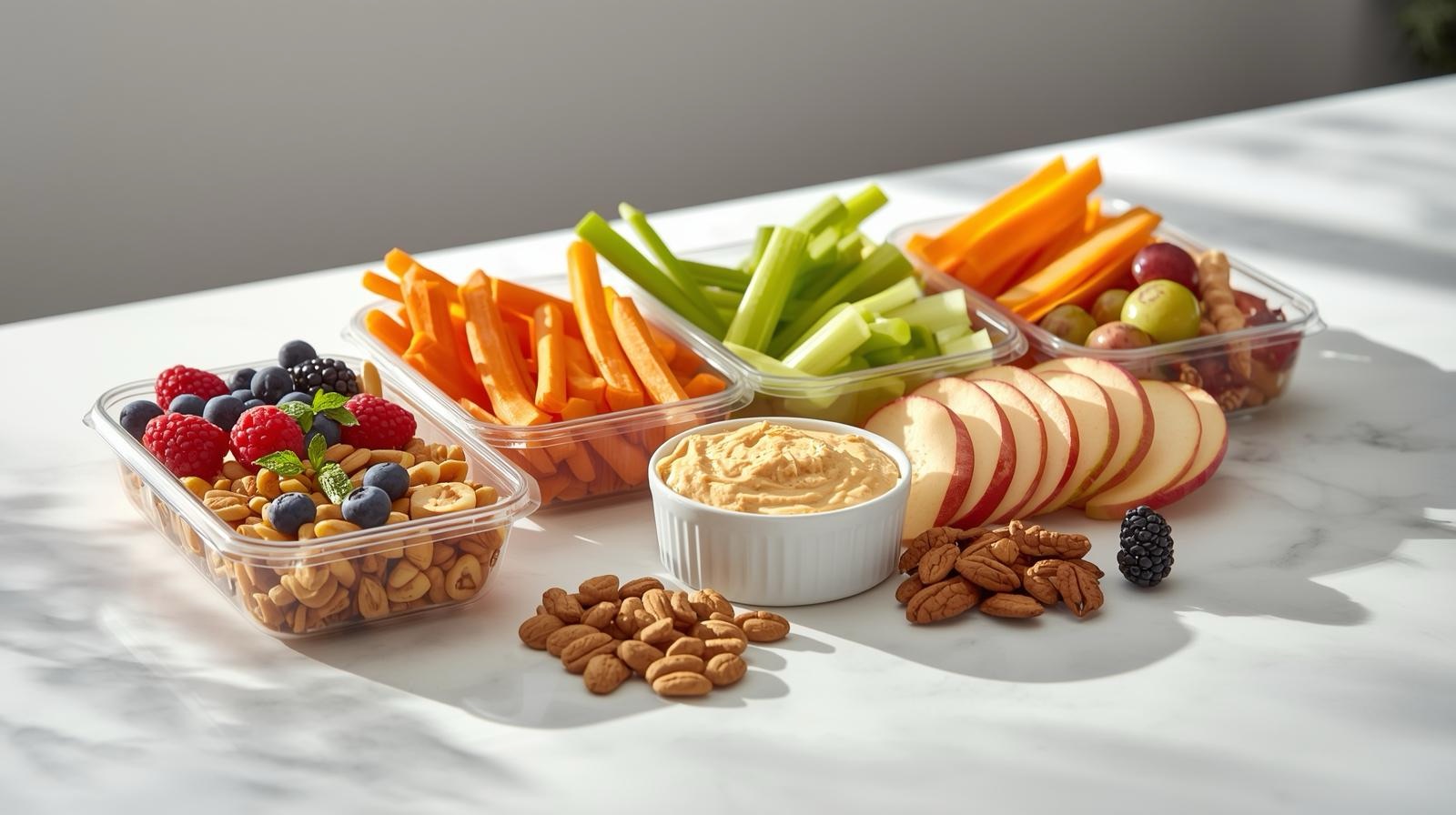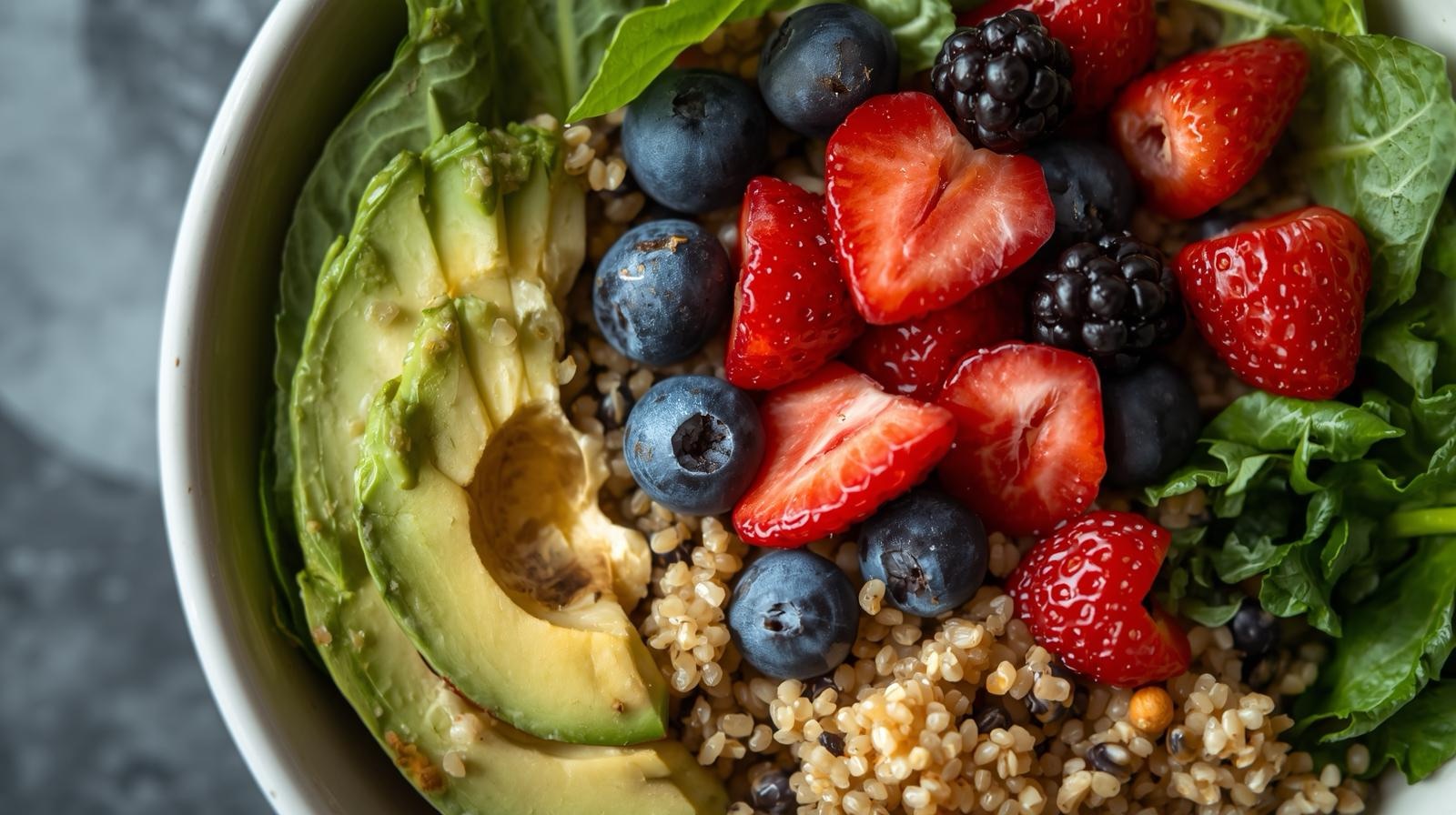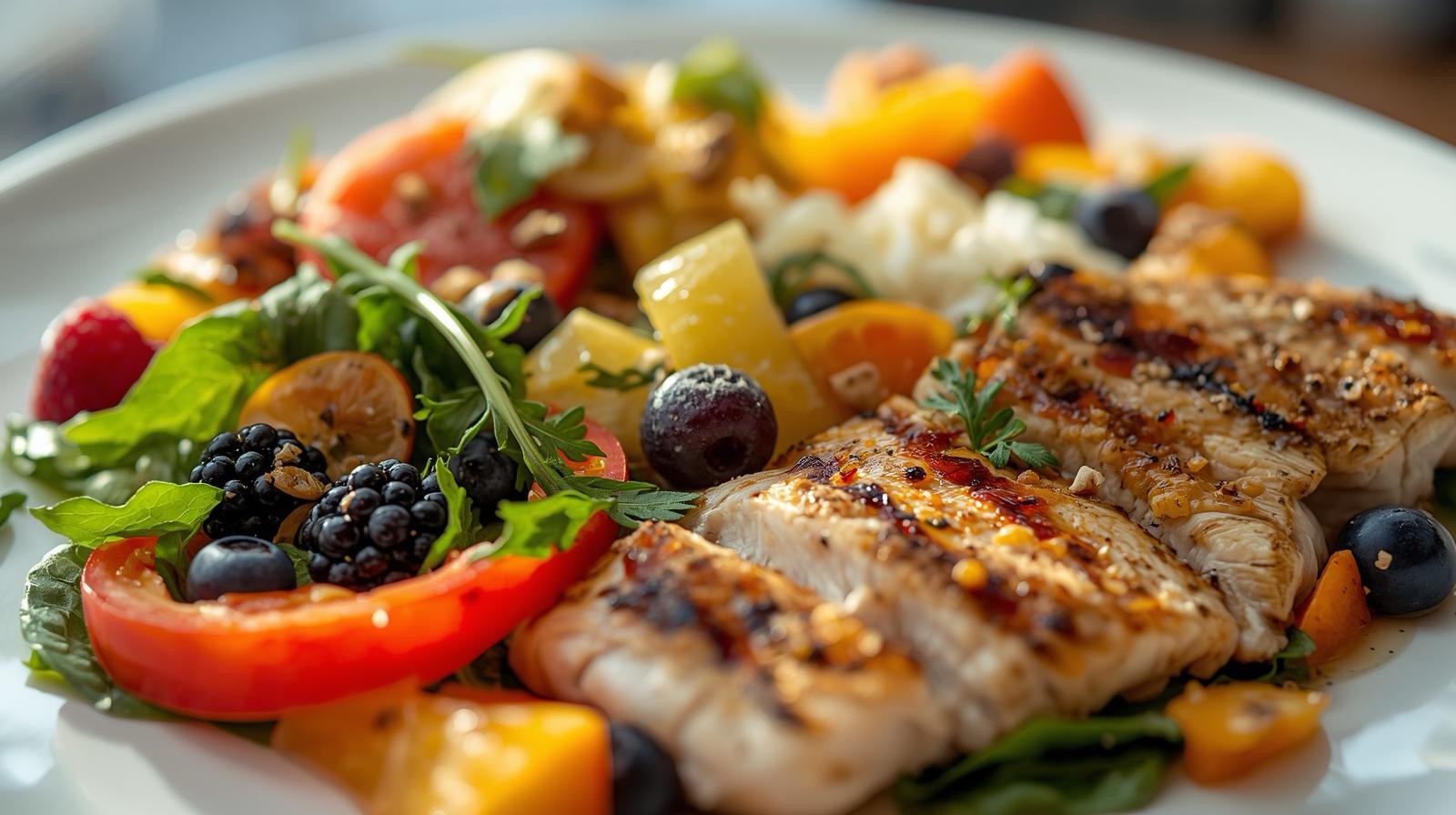Introduction – Why Protein Matters for Your Health
Protein is one of the most essential nutrients your body needs every day. It plays a crucial role in building and repairing tissues, maintaining muscle mass, and supporting your immune system. Without enough protein, your body can’t function at its best — especially if you lead an active lifestyle.
At WellnessThriveGuide we believe that balanced nutrition starts with understanding what your body truly needs, and protein foods are at the heart of that.
1. Understanding Protein and Its Role in the Body
Protein is made up of amino acids — often called the building blocks of life. Your body uses these amino acids to:
– Build muscles, skin, and hair
– Repair tissues after exercise or injury
– Support enzymes and hormones
– Strengthen the immune system
When you consume enough high-quality protein, you help your body recover faster, stay strong, and maintain lean muscle mass.
2. Best Sources of Protein
Protein comes from both animal and plant-based sources. A balanced diet includes a mix of both, depending on your lifestyle and preferences.
Animal-Based Protein Foods
– Eggs – A complete protein with all essential amino acids.
– Chicken breast – Lean and rich in high-quality protein.
– Fish – Provides omega-3 fats for heart and brain health.
– Greek yogurt – Great for muscle recovery and gut health.
– Lean beef – An iron-rich source of long-lasting energy.
Plant-Based Protein Foods
– Lentils and beans – Excellent sources of protein and fiber.
– Tofu and tempeh – Great meat alternatives for vegetarians.
– Quinoa – A complete plant-based protein.
– Nuts and seeds – Provide protein plus healthy fats.
– Chickpeas – Versatile for snacks, salads, or spreads.
✅Wellness Tip: Combine different plant proteins (like beans and rice) to get a complete amino acid profile.
3. How Much Protein Do You Need Daily?
The average person needs about 0.8 to 1.2 grams of protein per kilogram of body weight each day — more if you’re physically active, pregnant, or trying to build muscle.
Example:
If you weigh 60 kg, you should aim for **48–72 grams** of protein daily. You can easily meet this goal by including a source of protein in every meal.
4. Simple Ways to Add More Protein to Your Diet
You don’t need to make drastic changes — just smart swaps and small habits can make a big difference:
– Add a boiled egg or Greek yogurt to your breakfast.
– Snack on nuts, roasted chickpeas, or protein smoothies.
– Include lentils or beans in soups and stews.
– Choose quinoa instead of white rice.
– Spread nut butter on fruit or toast for a quick protein boost.
These small adjustments can help you stay full longer, manage your weight, and maintain energy throughout the day.
5. The Benefits of Eating Enough Protein
Getting the right amount of protein each day supports:
– Muscle growth and repair after workouts
– Healthy skin, hair, and nails
– Steady energy levels and fewer cravings
– Better metabolism and weight management
– Stronger immunity and faster recovery
Protein isn’t just for athletes — it’s essential for everyone who wants to live a healthy, balanced life.
Final Thoughts – Fuel Your Body with Protein Power
Protein is more than just a fitness nutrient — it’s a daily necessity for strength, energy, and overall vitality. Whether you choose animal or plant-based options, make sure to include a variety of protein foods in your meals.
At WellnessThriveGuide, we encourage you to eat intentionally, nourish your body, and make protein a regular part of your wellness journey.
✍️ Author:
WellnessThriveGuide Team
Your trusted guide to better nutrition, fitness, and lifestyle balance.
